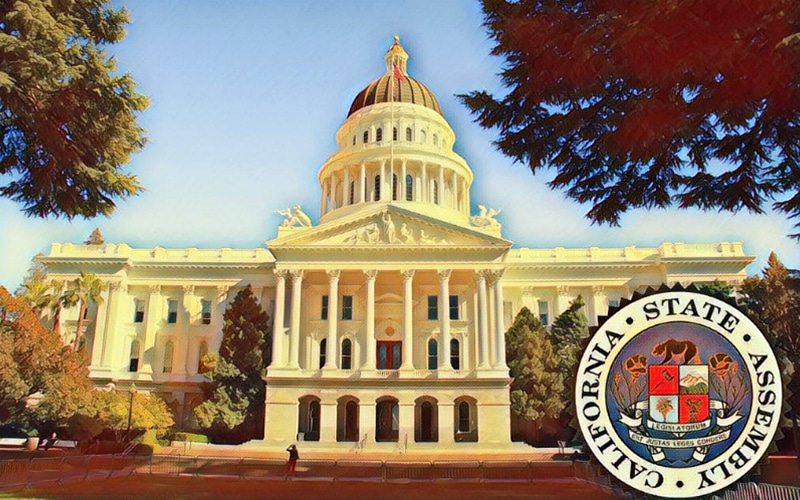California senators amended their proposed “Digital Financial Assets Law” five times since June 2022, and the California State Assembly finally passed the bill.
The bill that would make it necessary for cryptocurrency firms, such as exchanges of digital assets, to seek a license in order to operate in the state is about to be signed by California Governor Gavin Newsom.
The Digital Financial Assets Law, also termed “BitLicense”, is modeled after the 2015-implemented BitLicense law in New York. If Gavin Newsom approves it, the law will take effect from January 2025.
One of the conditions in the new bill is a restriction on stablecoin dealing by California-licensed companies until 2028 unless the stablecoin is issued by a bank or has a license from the California Department of Financial Protection and Innovation.
Another provision in the bill’s stablecoin section mandates that stablecoin issuers holding securities as reserves have an amount “not less than the aggregate amount of all of its outstanding stablecoins issued or sold in the United States.”
The bill also mandates that the overall market value be calculated in accordance with the US generally accepted accounting principles (GAAP).
A civil penalty of up to $100,000 may be imposed on people or organizations who break the legislation for each day they are in violation.
The digital financial assets bill earned 71 yes votes in the California Assembly and 0 no votes. Nine assembly members chose not to cast a ballot. The bill gained 31 yes votes on the Senate floor and 6 negative votes, all of which came from Republican senators.
The bill must be either signed or vetoed by Newsom by September 30. In May, the Californian Governor signed an executive order in order to promote cryptocurrencies and Web3 innovation while still protecting consumers with hopes to put California ahead of the crypto curve.






